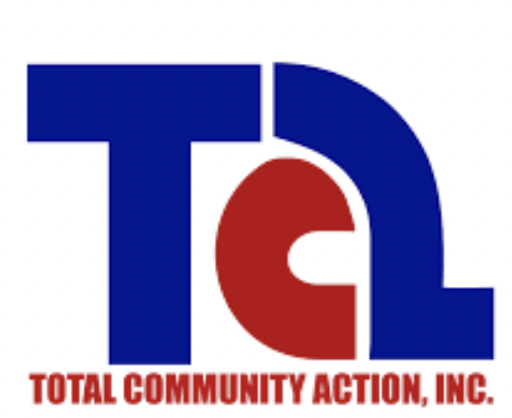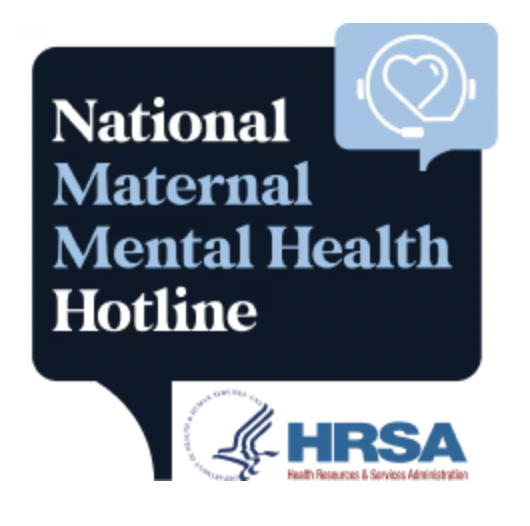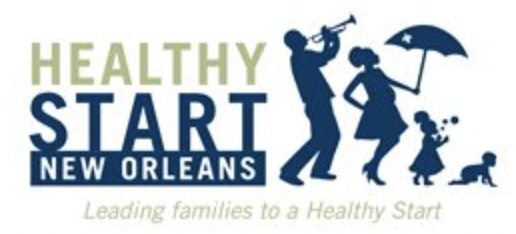October’s Breast Cancer Awareness Month highlights the significance of early detection, education, and understanding of the disease’s broader implications, particularly for pregnant, postpartum, or breastfeeding individuals who face distinct challenges, including breastfeeding complications and long-term maternal health efforts. Recognizing these complexities is crucial for optimizing health outcomes for mothers and infants while acknowledging breastfeeding’s pivotal role in breast cancer prevention.
Breast cancer commonly develops within the ducts or lobules of the breast and can impact individuals of any gender, with male breast cancer being exceptionally rare. (CDC 2024)
Symptoms associated with breast cancer include:
- A lump formation in the breast or armpit
- Thickening or swelling of the breast
- Dimpling or puckering of breast skin
- Scaly or irritated skin on the breast, nipple, or areola
- Inversion (turning inward) of nipples
- Pain in the breast
- Unusual fluid discharge other than breast milk from the nipple.
Breast cancer accounts for about 30% of new cancer cases in women within the U.S., with a 13% chance of development within their lifetime (American Cancer Society, 2024). Disparities in mortality rates also highlight the effect of social factors, with a study finding a drastic 41% higher death rate for non-Hispanic Black women (DeSantis et al. 2017). However, beyond these statistics, the effects of breast cancer and its treatments have a significant impact on maternal and infant health through its effects on breastfeeding.
Breast cancer treatments can reduce breast milk production or prevent breastfeeding due to potential risks from medications or surgery. In fact, mastectomies and other breast cancer therapies may make breastfeeding impossible for some (Johnson, Mitchell 2020). These challenges negatively affect maternal and infant health by reducing access to breast milk, which is essential for infant nutrition, cognitive growth, and immune development. Additionally, breastfeeding difficulties can impair maternal-infant bonding and increase the risk of maternal postpartum depression. Considering this, providing individualized, empathetic lactation support for mothers with current or past breast cancer is crucial for improving maternal and infant health outcomes.
To ensure improved support systems and maternal and infant outcomes, we must recognize that positive maternal health experiences and breastfeeding are the cornerstones of early childhood development. Quality health care during pregnancy can reduce the risks of low birth weight in infants, preterm births, and other maternal health complications that can negatively impact a child’s health. Similarly, breastfeeding has been shown to have various health benefits for maternal health, including reducing maternal risk of hypertension and diabetes and aiding in postpartum weight loss, in addition to the benefits above. However, most interestingly, breastfeeding has also been shown to reduce the maternal risk of developing breast cancer. (Shulman, 2022).
There are several ways breastfeeding can protect against breast cancer. For instance, to produce milk, breast tissue cells must fully mature into specialized milk-producing cells (Pillay, Davis, 2023). This mature state makes them less susceptible to damage and reduces their risk of cancer (Clemons, Gloss 2001). Breastfeeding encourages this change and, thus, also reduces the likelihood of developing breast cancer (Schulman, 2022). Additionally, breastfeeding reduces cancer risks by inducing hormonal changes that decrease estrogen exposure, a hormone that can increase breast cancer risk with long-term exposure (Schulman, 2022). Longer duration of breastfeeding further enhances these protective effects as well (Tiruneh, Ntenda 2024). These natural and highly beneficial effects of breastfeeding are essential for breast cancer prevention and ensuring better maternal health. Furthermore, by understanding these effects and facilitating better breastfeeding practices, physicians and new families can tackle infant nutrition, development, and maternal health by using a holistic, complete approach to center both the infant and birthing parent.
In the absence of breastfeeding, numerous breast cancer prevention methods are available. Early diagnosis through regular mammograms and screenings enhances breast cancer outcomes (Alexander, 2022). A healthy lifestyle, characterized by a balanced diet and physical activity, is critical in reducing breast cancer risk (Alexander, 2022). Health care providers should provide personalized lactation support and facilitate access to breast milk through milk banks and support organizations for individuals impacted by breast cancer. For those interested in securing breast milk for their infant, the Mother’s Milk Bank of Louisiana, 2700 Napoleon Ave., New Orleans, LA 70115.











